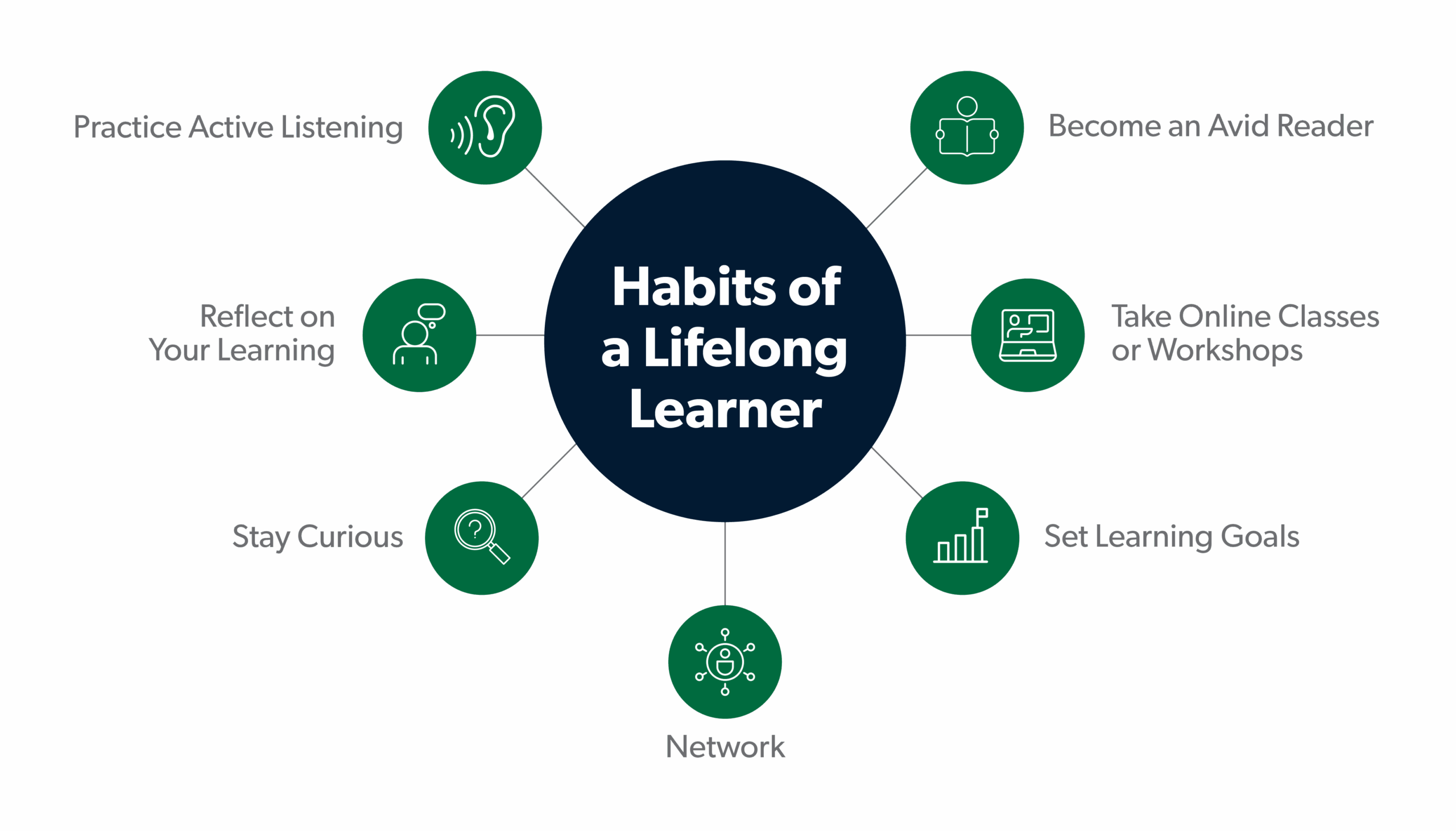The Bahá’í teachings present a profound and transformative perspective on the interrelationship between lifelong learning and the concept of long life. This paradigm not only emphasizes the intrinsic value of education throughout one’s lifetime but also underscores its pivotal role in personal development and spiritual evolution. In this exploration, we delve into the myriad dimensions of this philosophy, revealing how the pursuit of knowledge serves as a cornerstone for a fulfilling, vibrant existence.
To begin with, the concept of lifelong learning is not merely about acquiring knowledge but encompasses the continuous development of one’s character, intellect, and spiritual faculties. The Bahá’í teachings articulate that the human being is inherently designed for growth and progression. This ontological perspective asserts that the essence of human existence is linked to the active pursuit of wisdom, which in turn nurtures one’s capacity for service and contribution to society. Herein lies the promise of a transformative shift in perspective: rather than viewing education as a finite endeavor confined within formal institutions, the teachings encourage individuals to engage in a lifelong quest for truth, understanding, and insight.
The first profound implication of this teaching is that the act of learning is inherently active and participatory. The Bahá’í writings emphasize the importance of engaging with different forms of knowledge—be it scientific or spiritual—and integrating these insights into daily life. This interaction fosters a rich tapestry of understanding that transcends superficial learning and cultivates depth in one’s comprehension of the world. It becomes evident that knowledge is not static; it evolves and flourishes through inquiry, discussions, and reflective practice. Thus, each individual is called to remain an inexhaustible learner, prepared to challenge assumptions and embrace new paradigms.
Moreover, the impact of consistent learning extends beyond personal enrichment, flowing into the communal sphere. The Bahá’í teachings place a significant emphasis on the notion of service to humanity. An individual who actively engages in the pursuit of knowledge is better equipped to contribute positively to their community. The act of learning generates a ripple effect; as one person acquires skills and insights, they are inspired to share these resources with others, creating a collaborative atmosphere rich with potential for societal advancement. The promise here is clear: lifelong learners become catalysts for positive change, driving progress within their communities.
Another intriguing aspect of the Bahá’í approach to lifelong learning is its emphasis on adaptability. Given the rapid shift in global dynamics—including technological advancements and evolving societal norms—continuous education enables individuals to remain relevant and competent. The teachings encourage followers to “consort with all manner of people,” prompting them to embrace diverse perspectives and confront personal biases. Through this engagement, one learns to navigate the complexities of the world, fostering resilience and innovation. The ability to adapt through learning, thus, serves as a foundation for longevity—not just in years but in the capacity to thrive amidst change.
The relationship between lifelong learning and spirituality is particularly noteworthy within the Bahá’í framework. The teachings delineate a clear linkage between the acquisition of knowledge and spiritual maturity. Engaging with spiritual writings, participating in communal study circles, and pondering profound questions of existence all contribute to an individual’s spiritual evolution. The conscious pursuit of knowledge is viewed as a pathway to deeper understanding of one’s purpose and responsibilities. Herein lies the essence of long life: a life enriched by profound insight is a life of significance, deeply attuned to the interconnectedness of existence.
This intersection of learning and spirituality also introduces an essential element: humility. The Bahá’í teachings advocate for an attitude of humility and openness in the face of knowledge. Acknowledging the vast universe of wisdom allows individuals to recognize that no single person possesses complete understanding. Thus, lifelong learners are encouraged to cultivate a sense of curiosity and reverence for the experiences and insights of others. This recognition fosters enriching dialogues that propel learning forward. Such humility leads to a more profound appreciation of diversity, promoting unity and fellowship among disparate groups.
Furthermore, the pursuit of knowledge can be seen as an act of worship within the Bahá’í faith. Engaging in learning is a means to draw closer to the Divine and understand the underlying principles that govern creation. The act of studying is infused with intention, where the seeker aspires not only to gain intellectual acuity but to attain wisdom that aligns with divine truths. In this sense, the journey of lifelong learning serves as a spiritual pilgrimage—each lesson learned contributes to one’s ability to embody virtues and reflect divine attributes in one’s character.
In closing, the Bahá’í teachings advocate for a life dedicated to lifelong learning as a vital mechanism for achieving long-lasting fulfillment and significance. This holistic approach not only enhances personal intellectual and spiritual growth but also cultivates a broader capacity for empathy, resilience, and service within the community. The integration of these principles invites individuals to transcend traditional confines of education, embarking on a boundless journey of discovery that enriches both the seeker and society at large. In this nexus of knowledge, spirituality, and service lies the true essence of a life well-lived—one that perpetuates curiosity, inspires others, and seeks to navigate the depths of existence with purpose and integrity.
